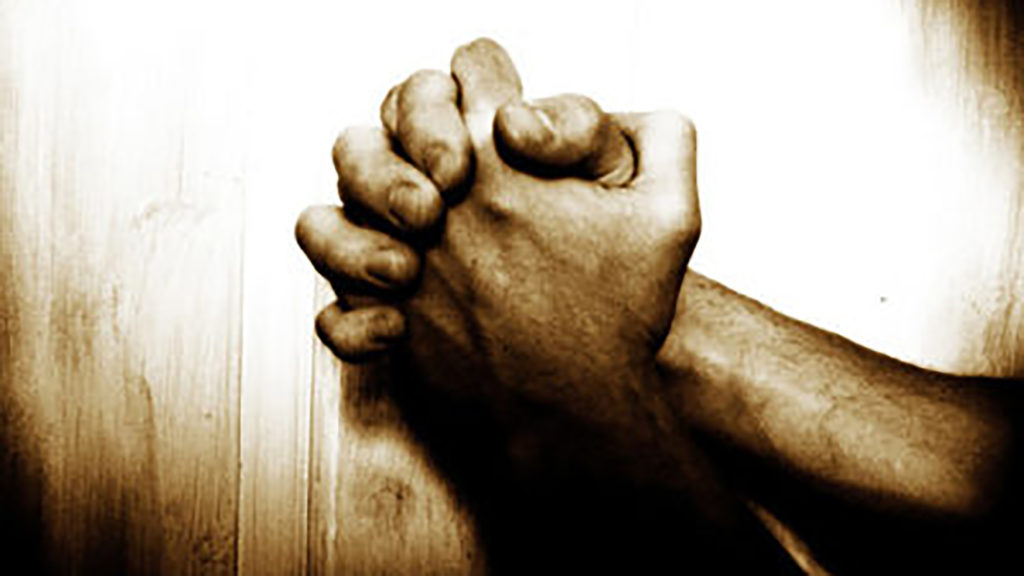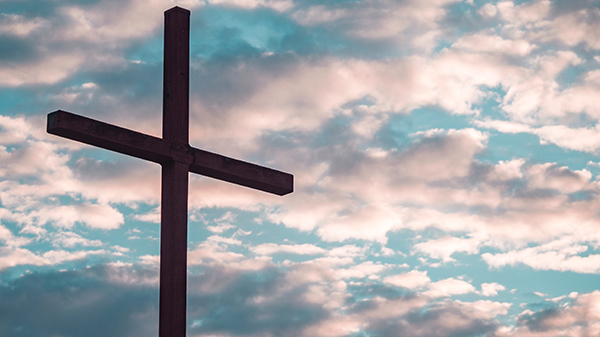Residents in the small shrimping community of Venice, La., are uncertain about their future amid reporters who have crowded into the state’s southernmost town to cover the massive oil spill in the Gulf of Mexico.
“It’s pretty much chaos. We have people from all over the country here — lots of reporters. I’ve talked to reporters from Spain and from Germany. The president’s motorcade came down the other day,” Steve McNeal, pastor of First Baptist Mission, Venice, said May 4.
At the same time, people who have relied on the shrimping industry and the sports fishing industry in Venice to earn an income fear the blows that could be dealt to their businesses.
“There are folks not knowing where their next dollar is coming from,” said McNeal, who also works as a firefighter. “One good thing is that there are a lot of cleanup jobs. It’s hard, dirty work, but money is coming in. So I guess some folks that haven’t even had jobs in the past are now getting jobs.”
British Petroleum, the company that leased the offshore oil rig that exploded April 20 and sank to the ocean floor, now is hiring locals to help remove the oil as it threatens the marshes and shorelines of the Gulf Coast.
“A lot of these folks have been shrimping all their lives, and now they’re going to have to do something else. All they’ve ever wanted to do is shrimp, so there’s an emotional trauma, I guess, as well as some folks just not knowing what’s going to happen tomorrow or next week,” McNeal said.
The most obvious ways Venice was affected by the spill were that the hotels, restaurants and streets were full of media representatives attempting to relay the story to the rest of the world, the pastor said.
“There’s definitely a smell in the air. The waters are very rough, and I think they’re kind of aerating the oil and the wind is picking it up,” he said. “You can smell it somewhat. It’s not like a horrible smell or anything.”
McNeal explained that Venice is about 25 miles from where the oil is making landfall, mostly in the marsh areas of the delta where few people live.
First Baptist Mission, with an average of 12 people in attendance on Sundays, currently meets in a living room, McNeal said, but a building of their own is under construction. A couple of volunteer teams are scheduled to pitch in during June.
“I’d like to get several other teams lined up if I could to come down and help us get it built maybe a little bit quicker so we can get in and start reaching out to people,” McNeal said.
About a block from the church is a cleanup station for birds and other wildlife that are expected to be affected by the oil.
“There doesn’t appear to be a lot of activity going on there. Part of the training that they’re giving the people who are going to be part of the cleanup is how to determine what to do with an animal when they find it,” McNeal said.
The church members hosted an impromptu prayer service shortly after the oil started heading their way, and several people who don’t normally attend stopped by.
“We were able to pray with them, and that eased their distress for a while,” McNeal said.
First Baptist Mission is still trying to determine what role they can play if the oil comes ashore as expected.
“It’s probably going to be going on for months and perhaps even years. So we’re going to try to finish the church building as quickly as possible so we’ll have a better facility with which to do whatever it is that God is going to lead us to do,” McNeal said. “We don’t know exactly yet what opportunities are going to open to us other than prayer.”
As he talks to people in the community, the pastor encounters those who wonder whether their lives are going to be totally destroyed by the oil, and he reminds them that God is in charge.
“This didn’t surprise Him. He’s got a plan and sometimes we just have to be flexible to go along with His plan,” McNeal said.
On Sunday, a media crew filmed part of the worship service and then interviewed McNeal, and he was able to emphasize the power of prayer in an overwhelming situation such as the oil spill.
“I was able to basically tell them that we’ve been praying and since we’ve been praying things have changed. One day that we prayed was right after they found out there was not going to be shrimping anymore, so we prayed and the next day they announced that they were going to use the shrimpers as part of the cleanup and pay them a pretty good amount to use their boats and their crews to go out and clean up,” McNeal said.
“There was another member of the church who was working with a guy building a new shrimp dock, which the community really needed. He had everything invested in this and now all of a sudden there’s not going to be a use for the shrimp dock. So he was looking at perhaps not getting any of his return, and now it turns out that BP is likely going to lease that facility from him.
“All of that happened just right after we prayed, and I was able to share with the reporters that prayer works,” McNeal said. “He wanted to know what I was preaching on, and I told him that in Christ we have all of our needs met and we don’t need to worry. It will work out OK.”
“There’s a lot of uneasiness and a lot of opportunities for our church to follow God’s guidance to show us where He’s at work and join Him there to make something good out of this,” he said. (BP)






Share with others: